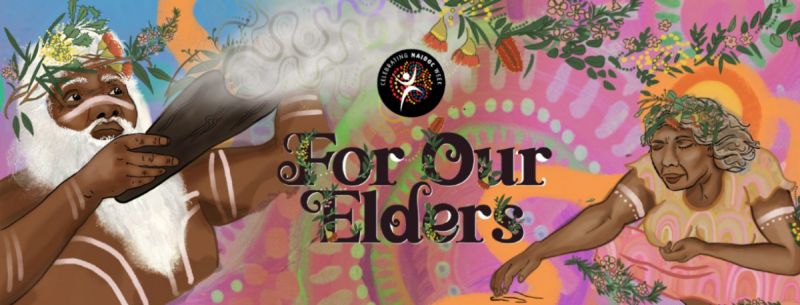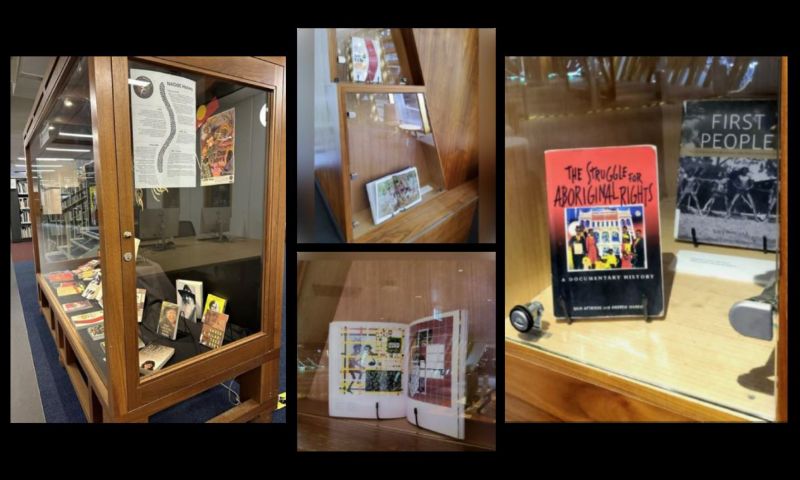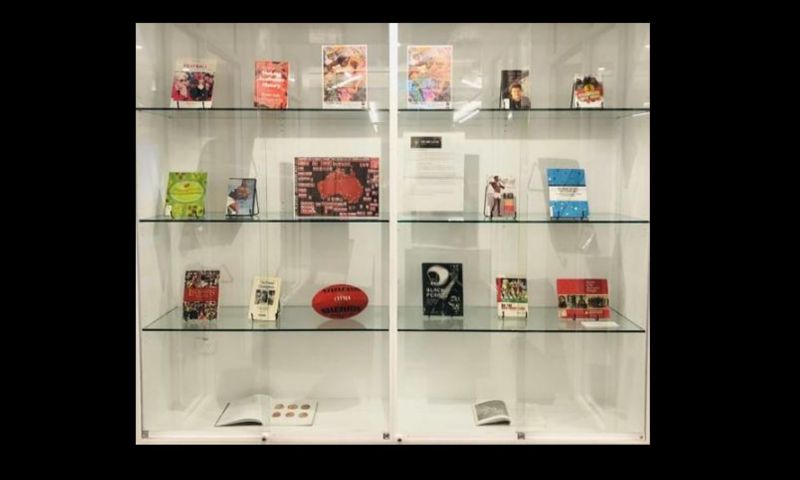NAIDOC (National Aborigines and Islanders Day Observance Committee) Week celebrates the history, culture and achievements of Aboriginal and Torres Strait Islander peoples. It has its origins in the 1920’s activism among Aboriginal rights groups.
This year’s NAIDOC Week theme is ‘For Our Elders’. It is to recognise the role of aboriginal elders as cultural knowledge holders, trailblazers, nurturers, advocates, teachers, survivors and leaders.

As part of the celebrations, we are showcasing resources and information about the Aboriginal and Torres Strait Islander civil rights movement, from its origins right through to the current Voice to Parliament referendum.
We've put together book displays at Swanston and Carlton Libraries, so check them out when you're visiting. Keep an eye on posters that highlight the Aboriginal and Torres Strait Islander resources in our collections. Scan the QR code for quick access.

At Swanston, we are showcasing the resources concerning the history of the Aboriginal and Torres Strait Islander civil rights.

If you are a footy fan, check out the Marngrook Footy and AFL activism display at Carlton Library.
All NAIDOC images are licensed under CC BY-NC-ND 4.0
Acknowledgement of Country
RMIT University acknowledges the people of the Woi wurrung and Boon wurrung language groups of the eastern Kulin Nation on whose unceded lands we conduct the business of the University. RMIT University respectfully acknowledges their Ancestors and Elders, past and present. RMIT also acknowledges the Traditional Custodians and their Ancestors of the lands and waters across Australia where we conduct our business - Artwork 'Sentient' by Hollie Johnson, Gunaikurnai and Monero Ngarigo.